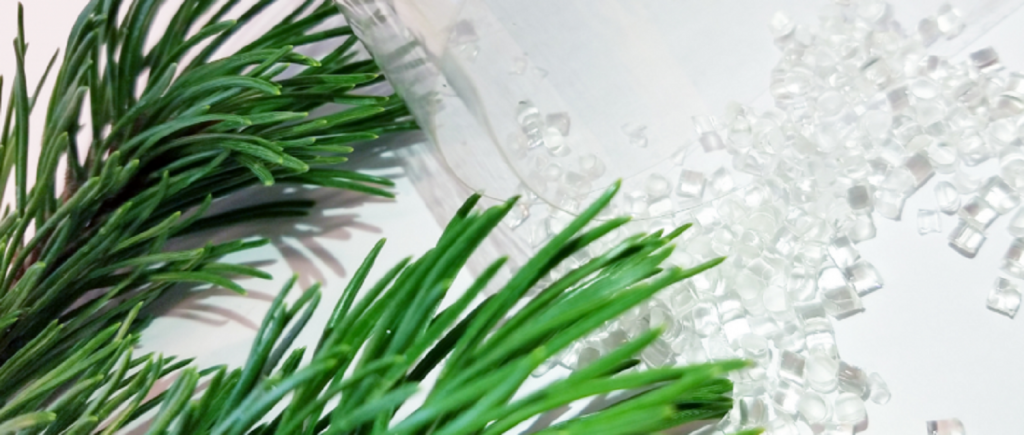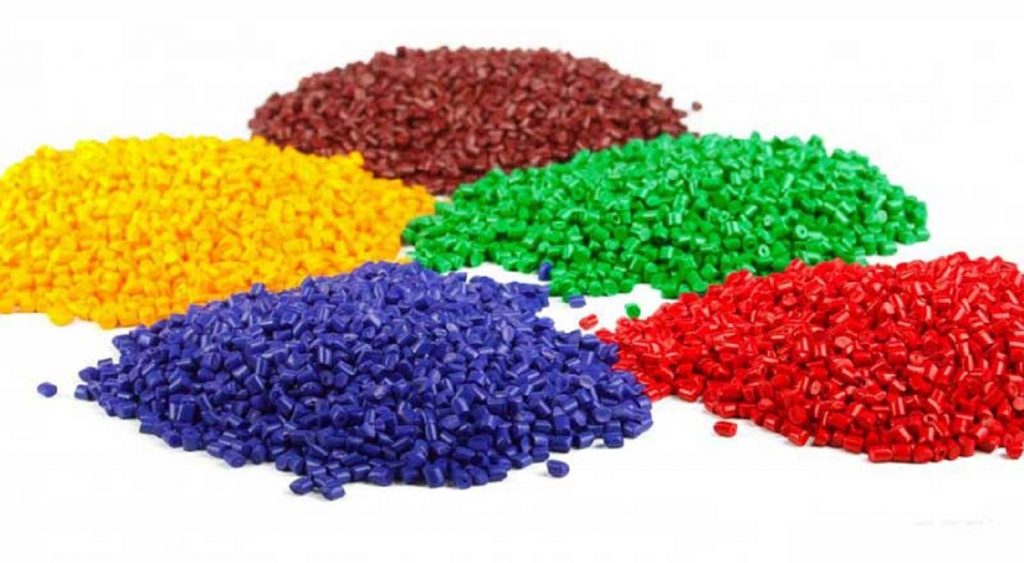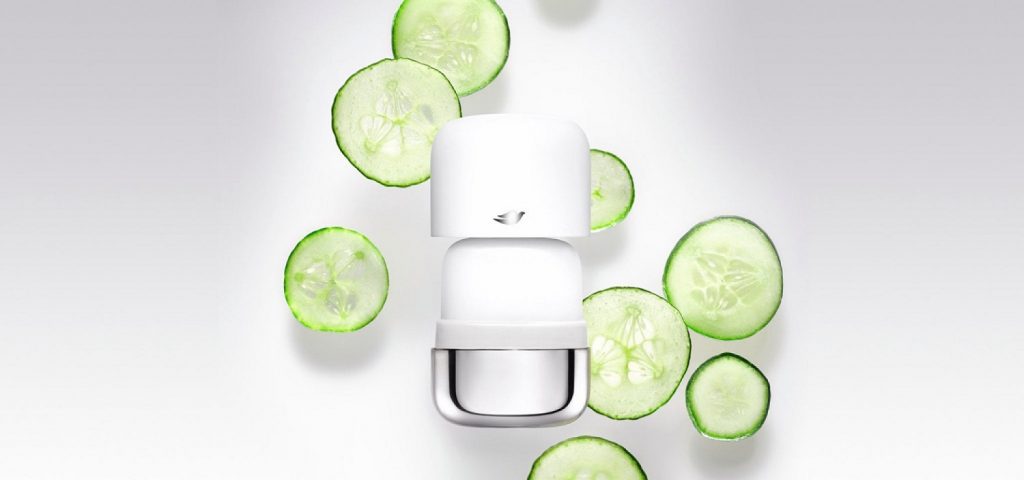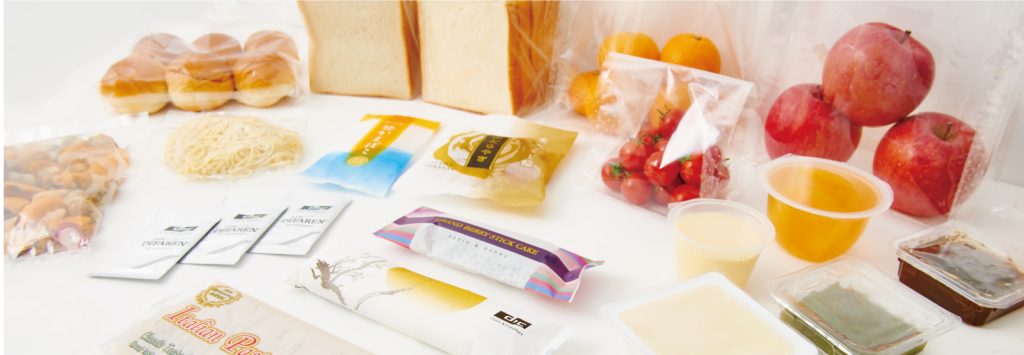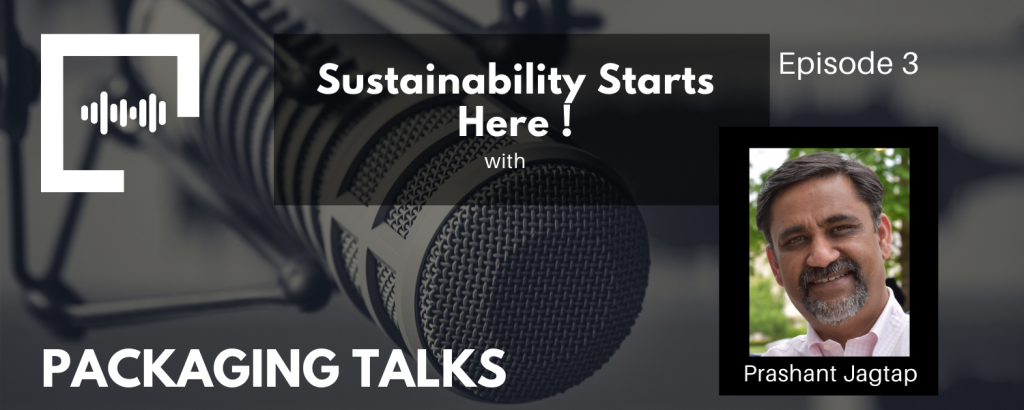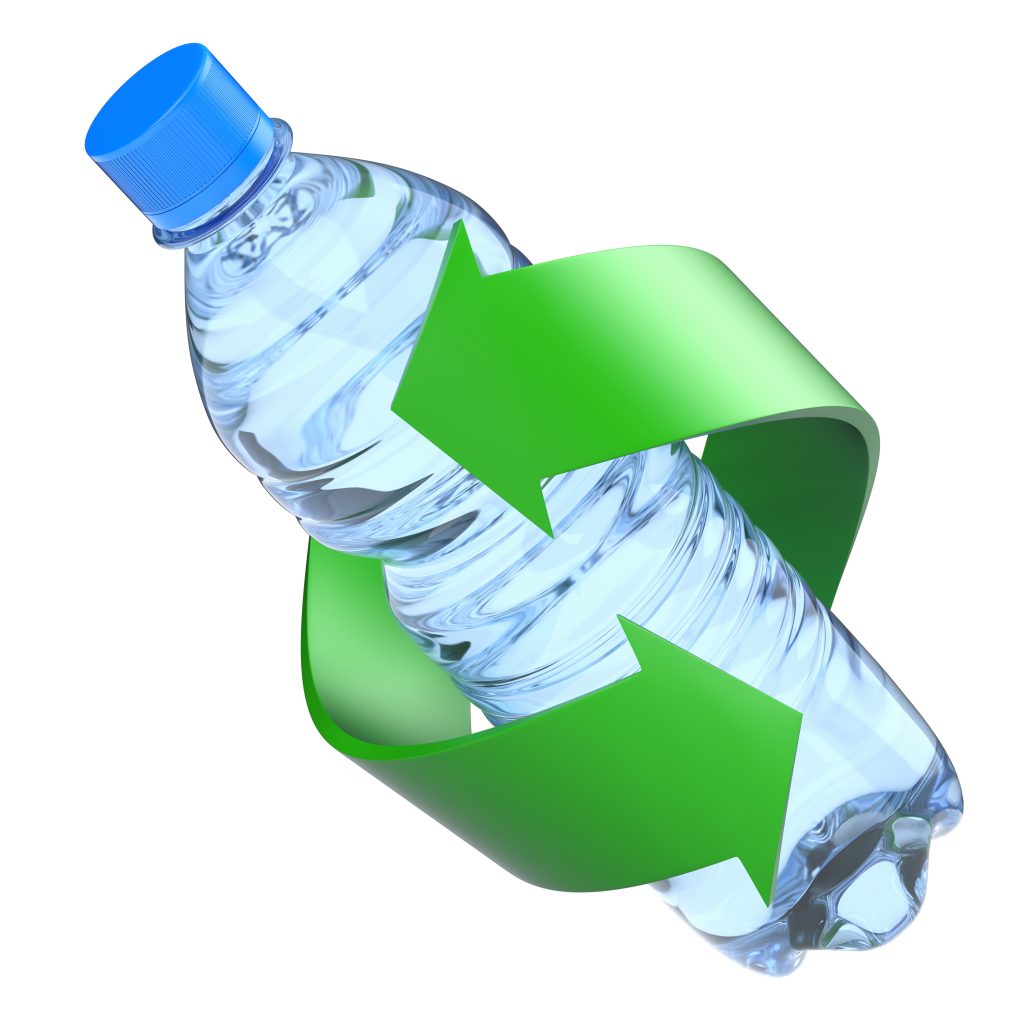Cellulose-based food packaging material move to testing phase
VTT is testing Thermocell plastic film made of cellulose and fatty acids in the production of food packaging in cooperation with Arla Foods, Paulig, and Wipak. Thermocell plastic material, which is made from renewable components, is to be used in the same way as fossil-based plastic. Thanks to the development work, many features of the film already meet the requirements of the food industry, and cooperation has advanced to the testing of industrial production.
Cellulose-based food packaging material move to testing phase Read More »

